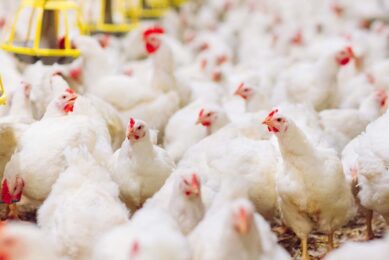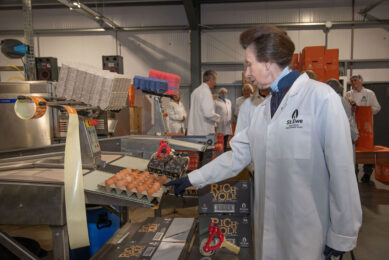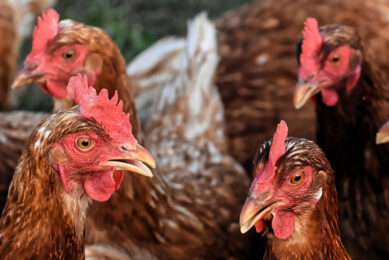NZ hen study ‘political nonsense’
A Waikato free-range egg producer argues that a study stating that there is little difference in hens’ stress levels between those kept in cages, free-range or barn environments is political nonsense.
Trevor Turvey of Whatawhata said there was no way that caged birds’ stress levels were the same as their free-range counterparts.
“This is just political, because if the country turned to free-range … it would put pressure on the eggs produced in New Zealand. There wouldn’t be enough.”
The Agriculture and Forestry Ministry (MAF) released its findings from a survey of 60 poultry farms around New Zealand. It found each method of farming had its advantages and issues: feather loss was worse in cages whereas higher mortality rates and injuries were more prevalent in all non-cage systems.
Stress levels were measured by analysing the levels of faecal corticosterone, which tell researchers how active the bird’s adrenal glands have been.
“(The results) showed that stress in the hens was similar in all types of housing systems; however the report highlights that more variation was found within farms of the same type than between different systems,” MAF animal welfare programme manager Dr Cheryl O’Connor said.
Turvey, who has about 160 hens, disagreed that free-range birds were at a higher risk of death. “I don’t lose many. I’d be getting worried if I lost one a week.”
Complete opposite opinion
Lichfield Poultry Farm owner Maria Paterson, who has 5000 caged and 4000 free-range birds, also disagreed with the findings but for different reasons. She thought that the free-range birds were actually more stressed than the caged as there was more fighting and competition between the birds. She added that free-range were more at risk of death because of the fighting and also from parasites.
“I would say we have double the mortality rate in our free-range birds for all those reasons,” she said.
Source: Waikato Times
Related link:
News from 6 May: NZ: Hen welfare research released













